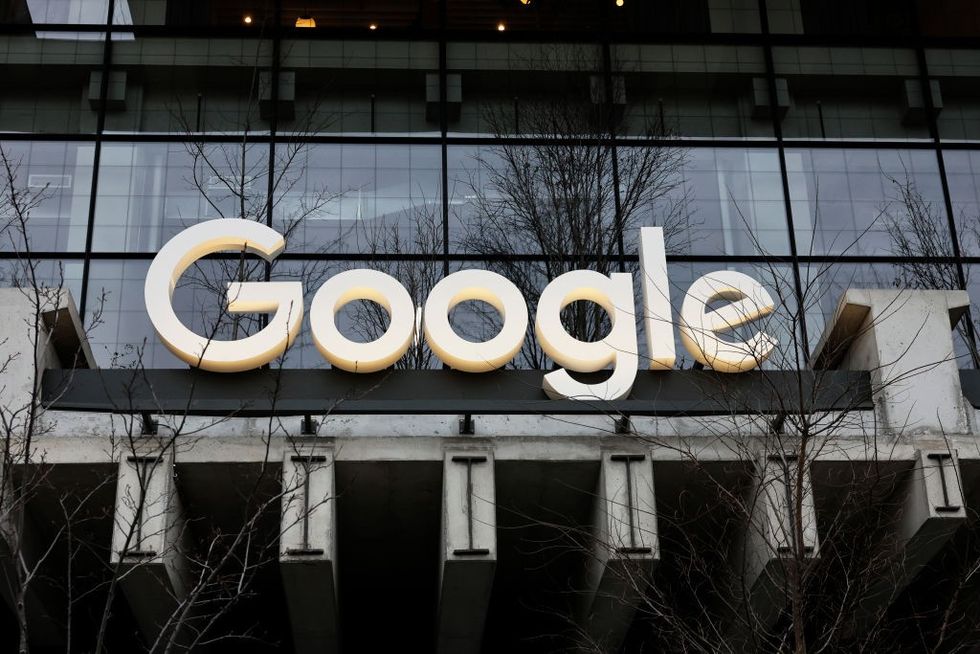Google acted illegally to preserve search engine monopoly on online searches and related advertising, a US judge has ruled
Getty
Google paid billions of dollars to guarantee that it was the default search engine
Don't Miss
Most Read
Trending on GB News
Google acted illegally to preserve its monopoly on online searches and related advertising, a US judge has ruled.
It comes after Google was sued by the US Department of Justice in 2020 after it controlled around 90 per cent of the online search market.
Google paid billions of dollars to guarantee that it was the default search engine on smartphones and browsers, US District Judge Amit Mehta said.
In his 277-page opinion, he wrote: "Google is a monopolist, and it has acted as one to maintain its monopoly."
 Google acted illegally to preserve search engine monopoly on online searches and related advertising, a US judge has ruledGetty
Google acted illegally to preserve search engine monopoly on online searches and related advertising, a US judge has ruledGettyMehta found that Google violated section 2 of the Sherman Act, a US antitrust law.
It is one of the largest antitrust decisions in decades.
According to Google's president of global affairs Kent Walker, it will appeal the decision.
"This decision recognises that Google offers the best search engine, but concludes that we shouldn’t be allowed to make it easily available," Walker said.
LATEST DEVELOPMENTS:
The decision is a significant victory for federal antitrust regulators.
Federal regulators have sued Meta Platforms, which operate Facebook and Whatsapp, Amazon.com and Apple Inc.
Over recent years, the Department of Justice and Federal Trade Commission, as well as European regulators, have scrutinised big tech companies for alleged monopolistic practices.
Mehta’s ruling does not state what penalties Google will face.

Google paid billions of dollars to guarantee that it was the default search engine on smartphones and browsers
Getty
Google’s defence relied on the argument that the company provides a better service to consumers than other search engines.
The justice department first filed its case in 2020 but then joined attorneys from more than three dozen states and territories.
The government’s lawyer Kenneth Dintzer said that the trial was about "the future of the internet".







